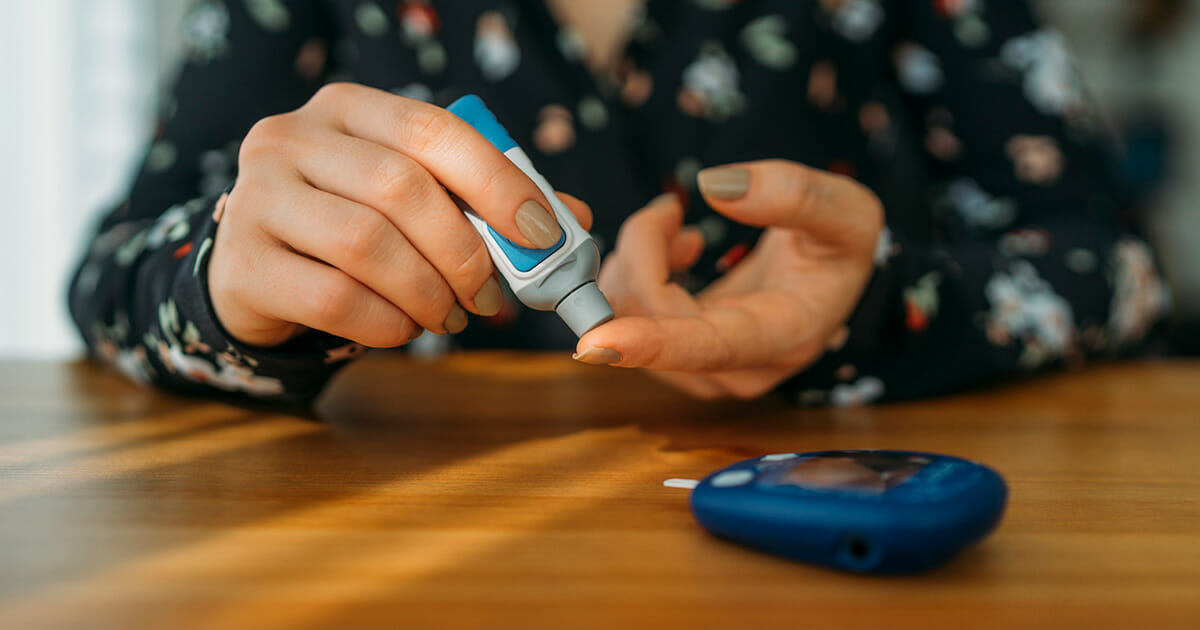Affordability, Minnesota, State Efforts
Minnesota Lawmakers Establish Emergency Insulin Program

With COVID-19 dominating the news and our lives, it can feel like the rest of the world and everything that we were talking about just a few short weeks ago has faded away. But while we are focused on immediate and pressing needs– like how to keep Americans safe and healthy and how to find enough personal protective equipment for our medical workers and ventilators for all the patients who need them– the shortcomings that plague our health care system have not gone anywhere. On the contrary, with an unprecedented pandemic upon us, the problems are now even more acute. The pressures of responding to COVID-19 and the resulting economic slowdown make it even more critical that our health care system meets people’s needs.
This week, lawmakers in Minnesota acted to address the life and death issue of insulin access. They created a program to provide emergency access to insulin that other states should look to as a model. The cost of life-sustaining insulin has become out of reach for millions of people with diabetes across the country; insulin list prices have tripled since 2002, with the average price increasing by 64 percent since January 2014. These price increases have put millions of people’s lives at risk, and with millions of people losing their jobs and potentially their health insurance, many more people with diabetes won’t be able to pay the average $300 to $800 monthly cost of insulin. These same individuals – those who have challenges managing their condition – are at greater risk for serious complications as a result of COVID-19.
Over the last several years, advocates like USofCare’s Founder’s Council member Nicole Smith-Holt transformed the public policy debate around insulin affordability by sharing her son Alec’s story. Alec passed away as a result of rationing his insulin after he could no longer remain on his parents’ health insurance plan. Nicole, and other advocates like her, brought into focus the impact on real people’s lives of the skyrocketing insulin price increases, and what that means for individuals and families.
“The Alec Smith Insulin Affordable Insulin Act is a much-needed safety net for those who like Alec find themselves in a situation where they are facing debt or death,” Nicole said. “We live in a country where life or death due to the cost of a medication should never be in question. Although this bill does not lower the list price of insulin, it is a true safety net and will save lives.”
Earlier this year, more than half of states were poised to take action on new laws to make insulin more affordable in their states. At least six states – New Mexico, Illinois, Utah, Virginia, Washington and West Virginia – passed laws capping monthly insulin prices for some consumers before policymakers and our country redirected their attention to address the Coronavirus outbreak. Read more information here about how states are working to lower the price of insulin for consumers.
Minnesota’s legislators were able to return from the prolonged recess to pass the “Alec Smith Insulin Affordability Act.” The bill establishes a safety net program to provide a 30-day supply of insulin from a pharmacy for qualifying individuals. The bill also establishes a Continuing Safety Net Program which requires manufacturers to create patient assistance programs for eligible individuals to receive insulin for one-year, with renewable availability, with no cost to the pharmacy or individual.
There is no more important time for policymakers to ensure their constituents can afford their insulin. Affordable access to insulin may not seem like a part of a state’s COVID response effort. But as Minnesota and advocates like Nicole are showing, it is more urgent than ever to make sure that people with diabetes can afford the insulin they need to stay alive.